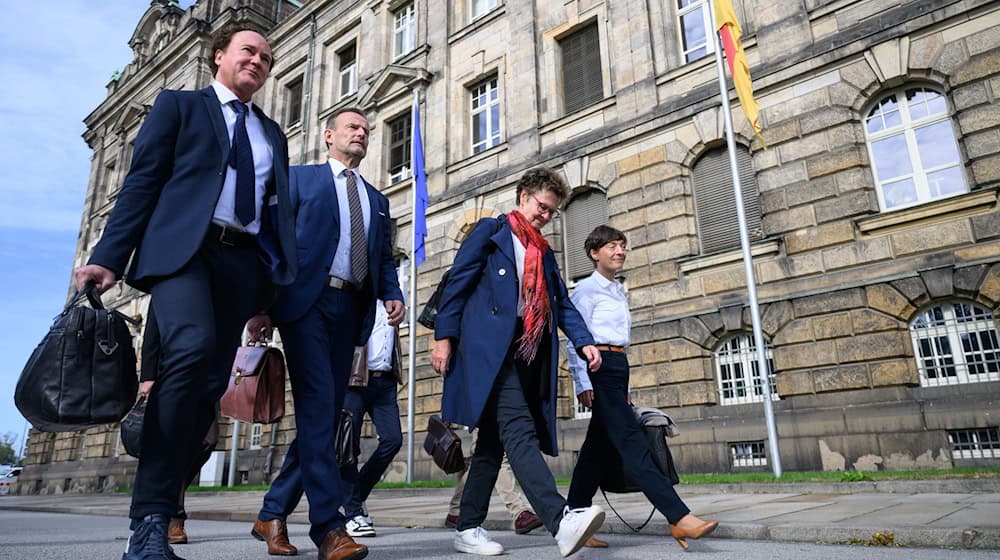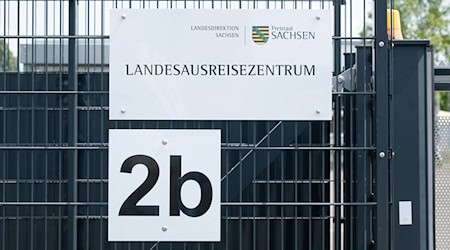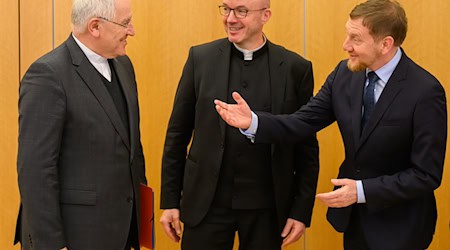The strongly conservative Heimatunion in the Saxon CDU is pushing for a minority government in the Free State. "It won't be comfortable, of course, but it will be the best thing for Saxony," Ulrich Link, spokesman for the association, told the German Press Agency. He justified this with reservations about the Sahra Wagenknecht (BSW) alliance. The talks between the CDU, SPD and BSW are viewed with concern. As in 2019, it is about the integration of a third, "strongly ideological partner".
Home Union for changing majorities with MPs from other parliamentary groups
In its government program, the CDU has shown how Saxony should be developed for the benefit of its citizens, said Link. "We are convinced that a majority can be found in the new state parliament for every single point of this program - but with MPs from different parliamentary groups, with changing majorities. But without new disadvantageous compromises that harm Saxony." This time, too, the election would lead to a result that would not allow for a conventional government constellation.
"From the point of view of the Heimatunion, a repeat of the mistakes of 2019 must now be avoided so that a new state government free of ideology is fully committed to the interests of the Free State and its citizens," explained Link. Even back then, the CDU/CSU and other forces were already arguing for a minority government. The coalition that was then formed with the participation of the Greens confirmed that this "ideology-driven partner made politics for Saxony very difficult".
Kretschmer considers a minority government to be the worse option
Prime Minister Michael Kretschmer has so far rejected a minority government. "The difference is: in a minority government, you are in negotiations every day. With every topic, every law, every budget, every small proposal, the discussion starts all over again. That ties up an incredible amount of energy. That's why a coalition is always the better way," he said in a recent interview.
"Familiarization talks" between CDU, BSW and SPD continue
In the next three days, the three potential partners of a new government - CDU, BSW and SPD - want to continue their preliminary talks in Dresden. BSW chairwoman Sabine Zimmermann made it clear at the weekend that the "time for jibes" must now be over and serious work must follow. "The CDU must decide which path it wants to take. If it chooses the BSW, there must be negotiations at eye level," she told dpa.
In the state elections on September 1, the CDU was the strongest party with 31.9 percent of the vote, ahead of the AfD (30.6 percent). This is no longer enough to continue the old coalition with the Greens (5.1%) and SPD (7.3%). The CDU/CSU is therefore absolutely dependent on the BSW (11.8), as it strictly rules out a coalition with the AfD.
Copyright 2024, dpa (www.dpa.de). All rights reserved










